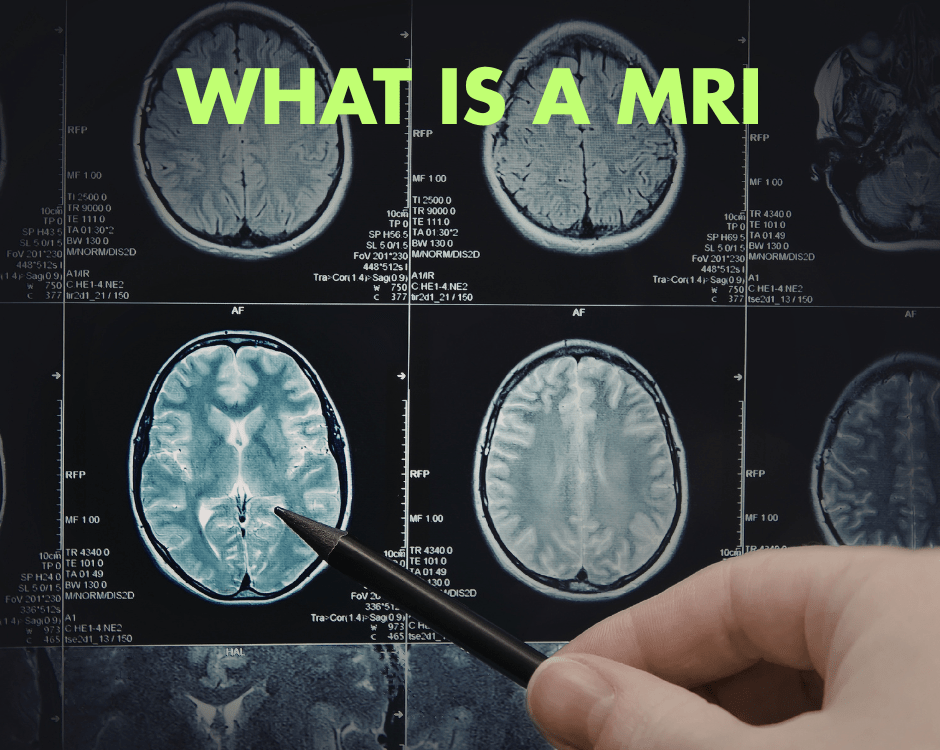Why Do I Wake Up The Same Time Daily?

The Excellent Benefits of Chiropractic Care After a Slip and Fall Accident
October 18, 2024
What Is Listeria?
October 28, 2024- Accident doctor
- accupuncture
- airplane headache
- alzheimer's
- best habits
- Brain Injuries
- car accident
- car accidents
- cervical strain
- colds
- concussion
- Concussions
- disc bulge
- dosage meds
- dry needling
- dull pain
- E bike injuries
- florida
- good posture
- headaches
- Headrest positions
- Headrest positions after an accident
- Healthy choices
- Healthy flying
- healthy gift guide
- Healthy SPring Ideas
- hip pain
- hyperextension
- injury doctor
- insurance
- Kayaking
- kentucky
- kids motion sickness
- lifestyle
- motion sickness
- neck injury
- no fault insurance doctor
- noise healing
- osteoporosis
- pain symptoms
- pink noise
- posterior chain
- posture
- prevent osteoporosis
- Rest
- Scoliosis
- shoulder pain
- Stress with kids after a motor vehicle accident
- TBI
- tips
- tmj
- torn muscle
- Traumatic Brain Injury
- trigger points
- VitaminD
- What are Post Traumatic headaches?
Why Do I Wake Up at the Same Time Every Day?
Waking up at the same time every day, even without an alarm clock, is a common experience for many people. It can be a blessing and sometimes feel like a curse. You have an internal alarm, but you also cannot turn that alarm off and you find yourself awake at 5:00 am with nowhere to go. You might wonder why your body seems to have an internal clock that nudges you awake at the same hour. Dr. Aaron Workman of Chambers Medical Group, one of the highest rated car accident medical care facilities in Kentucky, discusses several different factors that can affect what we call circadian rhythm.
What is Circadian Rhythm
The big reason you wake up is your circadian rhythm. This is just a natural internal process that regulates your sleep and wake cycle. It is a biological clock, about 24 hours long and is affected by things like temperature and light. Your brain helps control this rhythm by responding to light exposure, signaling your body when it is time to sleep or wake up. When you go to bed and wake up around the same time each day, your body gets used to this schedule. Your circadian rhythm eventually aligns with your sleep routine, triggering you to wake up at the same time daily, even without an alarm. This regularity helps you feel more refreshed, as your body and brain have adjusted to your pattern.
Hormones
Your body also relies on hormones to regulate your sleep and wake times. One of the key hormones is cortisol, the “stress hormone.” Cortisol not only helps your body deal with stress but plays a large role in waking you up. Cortisol levels rise in the morning, helping the body prepare for the day ahead. If you have predictable routines, your cortisol levels may spike at a specific time, signaling your brain that it is time to wake up.
Another familiar hormone is melatonin. It helps with sleep and decreases when the sun comes up. When melatonin goes down the cortisol comes up and your body responds by getting a kick start for the day. This balance of hormones is linked to the circadian rhythm and helps with the consistency of your body alarm.
Sleep Patterns and Cycles
Sleep is divided into several stages. Throughout the night, you cycle through these stages, with each cycle lasting a certain amount of time. Waking up during deeper sleep cycles can make you feel groggy. As you close in on the morning, your body tends to enter lighter stages of sleep. If your sleep cycle aligns with your circadian rhythm, you may find yourself waking up during a lighter phase of sleep, making it easier to get up at a similar time every day.
Behavior
Factors like going to bed at the same time every night, getting natural light in the morning, and even morning sounds around your house (birds chirping or kids moving around) can all play a part in signaling your body to wake up. If you leave curtains open for the morning, the natural sunlight will better train your internal clock to awake at that time.
It is fascinating the things our body can adapt to. We often take those things for granted and never give them a thought. Now you know waking up at the same time every day is largely due to the combo of your body’s circadian rhythm, hormonal regulation, and consistent sleep patterns. Establishing a regular sleep routine and practicing healthy sleep habits will help your body maintain this rhythm, making it easier to wake up feeling rested and ready to take on the day.
— This article is written by Aaron Workman, DC, one of the members of Chambers Medical Group’s team of car accident chiropractors who offer a variety of treatments and therapies ranging from diagnostic testing to various soft tissue therapies for car accidents and injuries in Kentucky.
- Car Accident Medical Clinic in Tampa
- Car Accident Medical Clinic in Plant City
- Car Accident Medical Clinic in Brandon
- Car Accident Medical Clinic in Lakeland
- Car Accident Medical Clinic in Sarasota
- Car Accident Medical Clinic in Louisville
- Car Accident Medical Clinic in Lexington
- Car Accident Medical Clinic in Florence




